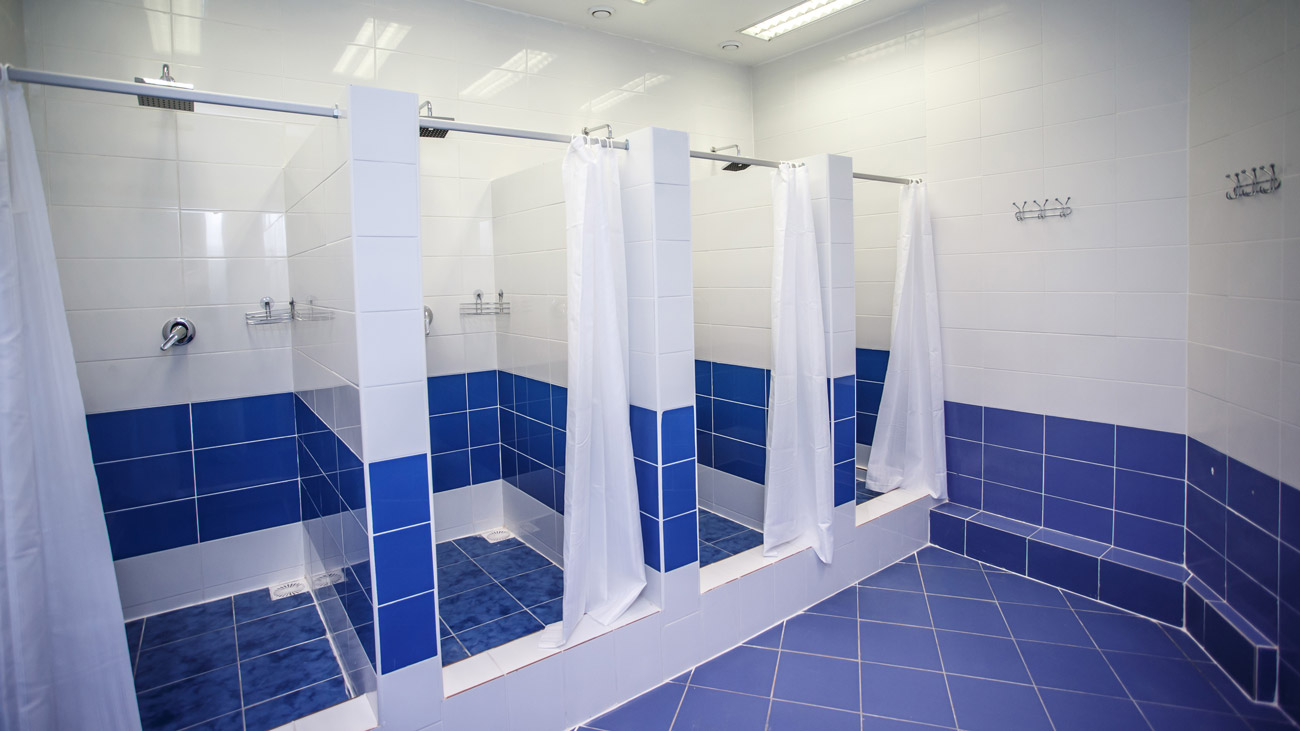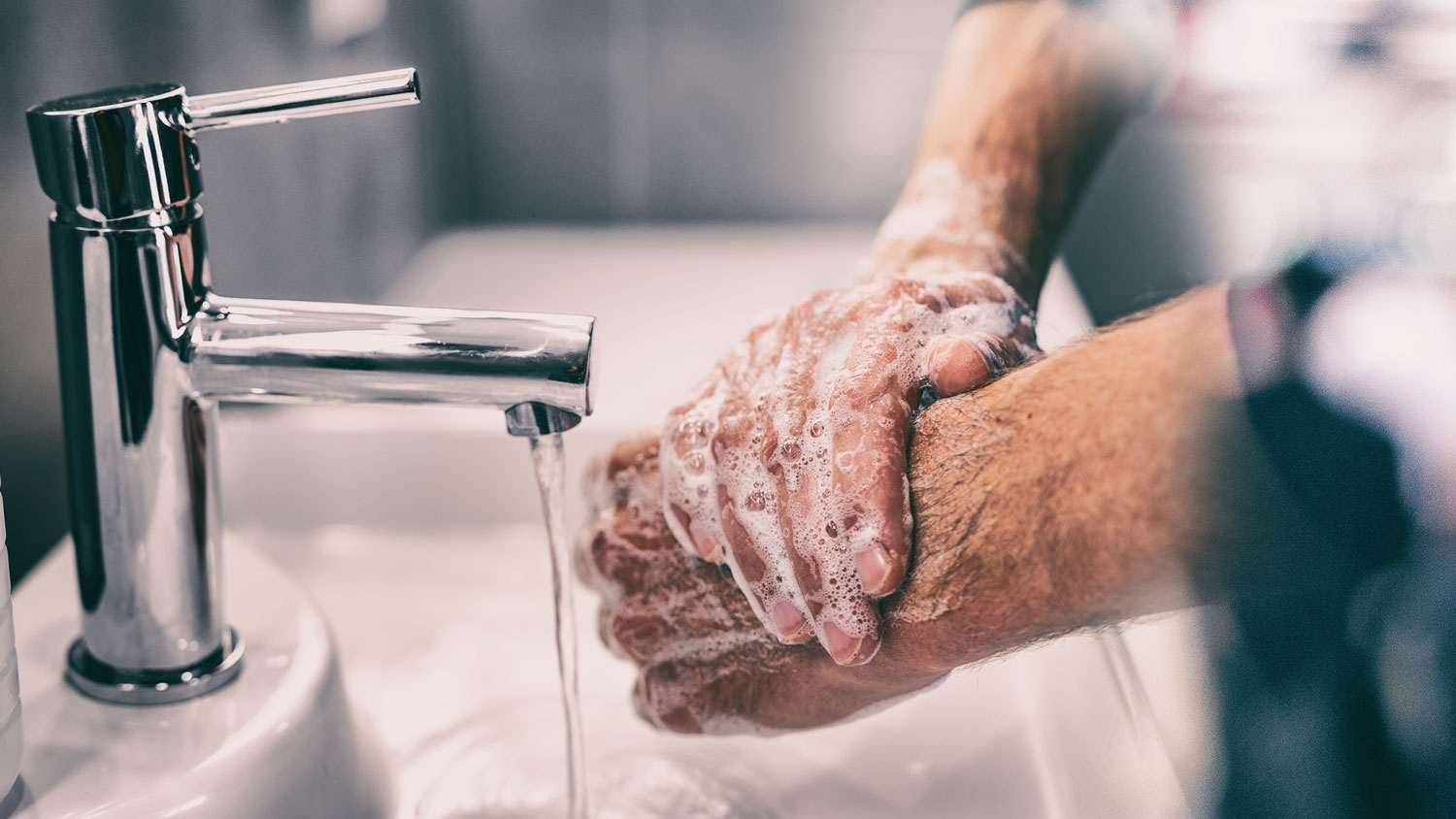
Increased risk of Legionnaires’ Disease as buildings close for lockdown
Buildings that have been idle for an extended period of time, for any reason, are more susceptible to legionella growth and risk as critical residual disinfectant levels drop or disappear entirely in stagnant water. This is of particular public health concern during the ongoing COVID-19 pandemic, which has resulted in many fully or partially closed buildings.
Legionella bacteria can cause Legionnaires’ disease, a potentially fatal form of pneumonia, and everyone is susceptible to infection. The risk increases with age but some people are at higher risk including:
- people over 45 years of age;
- smokers and heavy drinkers;
- people suffering from chronic respiratory or kidney disease;
- those with diabetes, lung and heart disease; and
- anyone with an impaired immune system.
Legionella bacteria are widespread in natural water systems, such as rivers and ponds. However, the conditions are rarely right for people to catch the disease from these sources. Outbreaks of the illness occur from exposure to legionella growing in purpose-built systems where water is maintained at a temperature high enough to encourage growth, including cooling towers, evaporative condensers, hot and cold water systems and spa pools used in all sorts of premises (work and domestic).
People contract Legionnaires’ Disease by inhaling small droplets of water (aerosols), suspended in the air, containing the bacteria. Certain conditions increase the risk from legionella if:
- the water temperature in all or some parts of the system may be between 20 and 45°C, which is suitable for growth;
- it is possible for breathable water droplets to be created and dispersed, e.g. aerosol created by a cooling tower, or water outlets;
- water is stored and/or re-circulated; and
- there are deposits that can support bacterial growth providing a source of nutrients for the organism e.g. rust, sludge, scale, organic matter and biofilms.
Under general health and safety law, as an employer or person in control of a premises (e.g. a landlord), you have health and safety duties and need to take suitable precautions to prevent or control the risk of exposure to legionella. Details of the specific law that applies can be found in part 1 of Legionnaires’ disease: The control of legionella bacteria in water systems.
To identify the risks in your water system you, or a competent person who understands your water systems and any associated equipment, should establish any possible exposure to legionella risks as part of a risk assessment.




